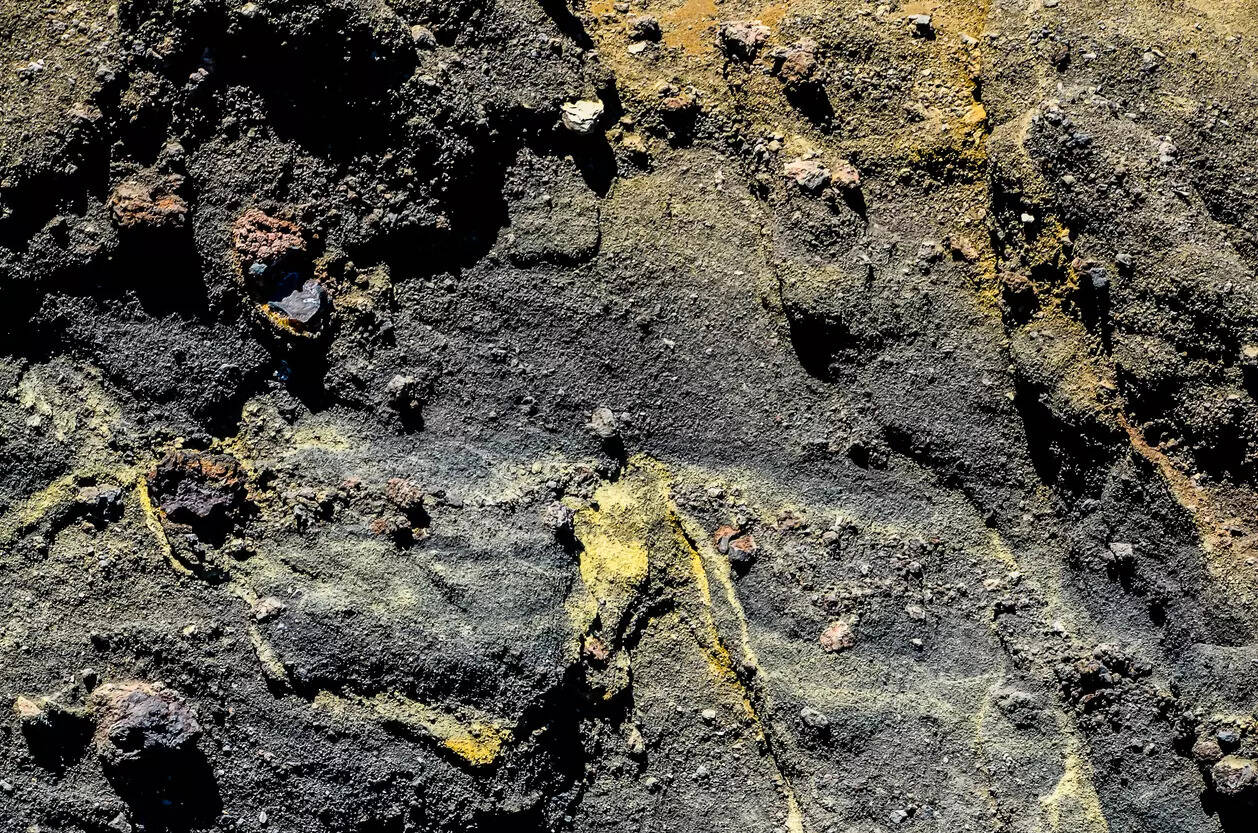With the largest lithium reserves in Africa and exporting mainly to China, Zimbabwe is a key player in the global race to secure “transition minerals” needed to make electric vehicles and batteries.
- Updated On Jun 12, 2025 at 11:41 AM IST
 By then, it warned, millions of tons will be exported, “enriching foreign capital while eroding our chances for sustainable economic development”.
By then, it warned, millions of tons will be exported, “enriching foreign capital while eroding our chances for sustainable economic development”.“>
Zimbabwe will ban exports of lithium concentrates from 2027 in hopes that mining companies start processing and refining the critical mineral locally, the government said.
With the largest lithium reserves in Africa and exporting mainly to China, Zimbabwe is a key player in the global race to secure “transition minerals” needed to make electric vehicles and batteries.
The government already banned the export of lithium ore in 2022.
The new, upcoming ban on exports of lithium concentrates is meant to encourage local processing and refining so that they can be exported at a higher value.
“With effect from January 2027 the export of lithium concentrate will no longer be allowed,” the government said in a statement following a cabinet meeting on Tuesday.It said that two companies, Bikita Minerals and Arcadia Lithium, were “in the process of establishing refining facilities” where lithium could be produced locally.
For the Harare-based Centre for Natural Resource Governance, a research and advocacy group, the government’s efforts to boost revenue from its lithium comes “too little, too late.”
“2027 is too distant, given the pace of extraction and the price volatility of lithium on the global market,” it said in a statement on Wednesday.
By then, it warned, millions of tons will be exported, “enriching foreign capital while eroding our chances for sustainable economic development”.
“Zimbabwe must assert control over its critical minerals,” it said, as “unchecked lithium exploitation… has devastating socio-economic and environmental implications”.
Zimbabwe faces significant challenges from climate change. In 2024, El-Nino-induced drought triggered a state of national disaster, significantly affecting its agricultural sector.
An estimated 7.2 million people are believed to be food insecure in Zimbabwe, according to the UN.
- Published On Jun 12, 2025 at 11:39 AM IST
Join the community of 2M+ industry professionals
Subscribe to our newsletter to get latest insights & analysis.




